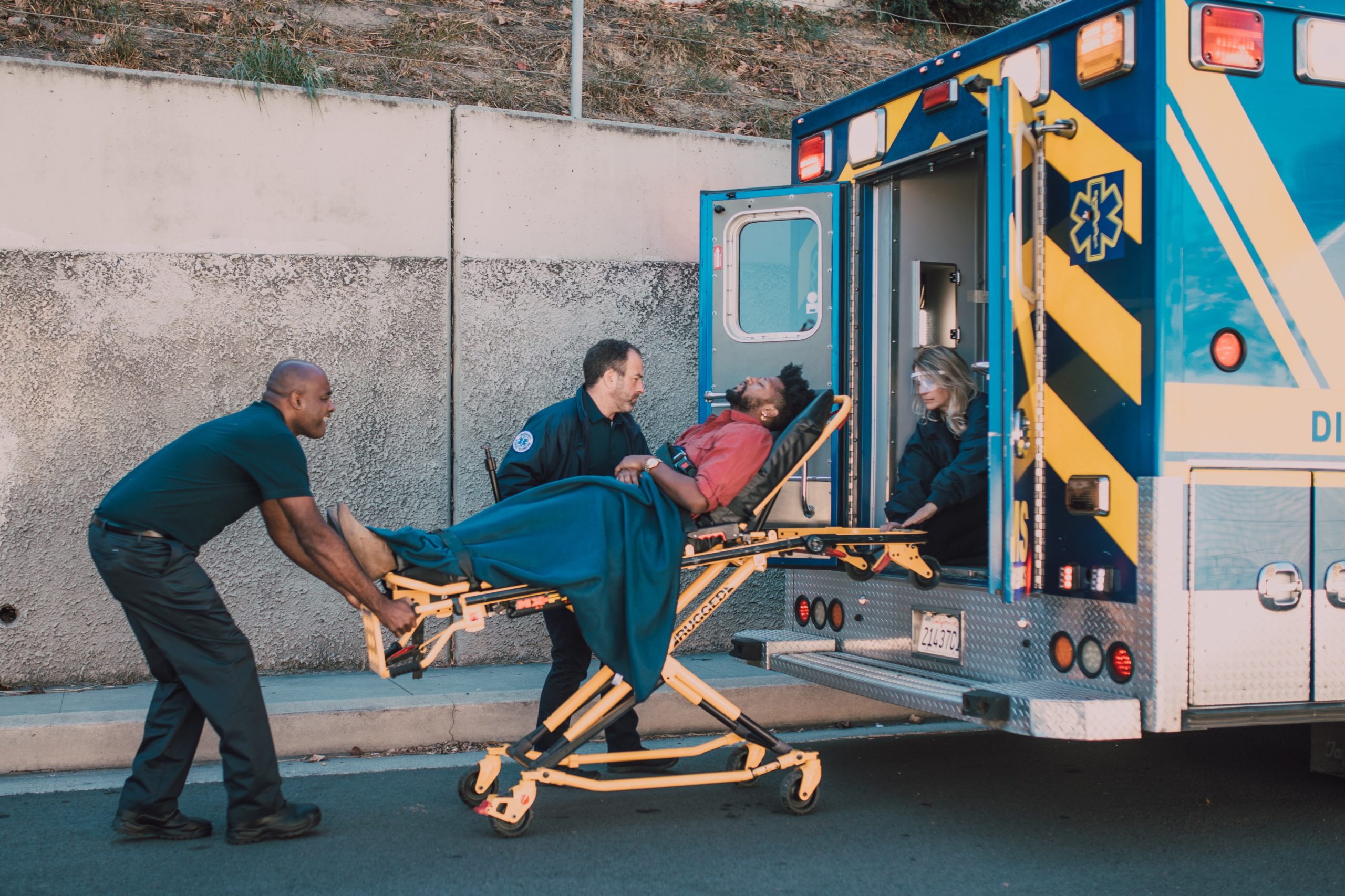In today’s article, I’ll discuss Medicare and what it means for your injury claim. Many older Americans and some people with Social Security benefits have at least some portion of their medical care paid for by Medicare. Many folks who call me want to know, if I have Medicare, can I still bring a claim for personal injury?
Can I file a personal injury claim if I’m on Medicare?
The good news is that you can still bring a personal injury claim, even if you have Medicare. You have to be careful that if Medicare paid for any injury-related care, you’d have to pay Medicare back out of your settlement or jury verdict.
What should I do if I have a personal injury claim while on Medicare?
Whatever the situation, the most important thing you can do for yourself and your injury claim is to take care of your health. Ensure you get all the necessary medical care and follow your provider’s recommendations.
Can I use No-Fault Insurance while on Medicare?
Yes, you must find other insurers such as No-Fault to help pay for your injuries. If you live or were injured in a car accident in New York state, you should have access to what’s called no-fault benefits. No fault will pay the first $50,000 of basic economic loss.
Generally speaking, economic loss means medical bills and lost income, up to 80% of your lost income, for three years after your crash.
What if I don’t have No-Fault insurance?
Now, if you do have no-fault, one thing you can do to protect yourself is to ensure that your providers are billing no-fault and not Medicare. That’s because you don’t have to pay no-fault back if you’re using basic benefits, whereas you do have to pay back Medicare, and that can make a real difference in how much money you end up with at the end of your claim.
What happens if I win a personal injury claim on Medicare?
Now in Vermont, as in many other states, if you incur medical expenses due to a car crash, it’s up to you to figure out how to pay for them.
If you’re on Medicare, it will be Medicare that pays your medical bills. But Medicare doesn’t want to pay your medical bills after a car crash.
And so if Medicare does pay the bills and you get a settlement or a jury verdict, you will have to pay back at least some of what Medicare paid as part of your settlement.
What should I do if I need to file a personal injury claim on Medicare?
If you are on Medicare and have a personal injury claim, make sure that you or your lawyer notify Medicare immediately. This way, they’ll keep a running tab of how much they spend in connection with your case. Medicare will provide you updates along the way, known as conditional payments, that will track how much is spent so you know roughly what will be required to be repaid at the end of your case.
When you’re ready to settle at the end of the case, you or your lawyer will write to Medicare and ask for what’s called a final demand. And that will tell you exactly how much you have to pay back out of your settlement.
How can I reduce the final demand from Medicare?
Usually, you have to pay back exactly the amount that Medicare demands in your personal injury claim. There aren’t too many ways around that.
One of the very few is to review each of the claims individually. Make sure that the things that Medicare claims are related to your crash are related to crash because you can ask them to remove unrelated charges.
What if I don’t repay Medicare when I win my accident claim?
Failing to pay Medicare after a personal injury settlement or verdict can be disastrous for you. They have ways of taking money out of your bank account, your Social Security benefits, and your lawyer’s bank account. These are things that you don’t want to happen.
Will Medicare pay for injuries related to my accident after the claim has finished?
To make matters worse, Medicare doesn’t want to pay for your future crash-related care either. This means if you have future medical needs and have no way of paying for it other than Medicare or out of your settlement, you’re going to have to do something called protecting Medicare’s interests.
Now, if you’re on Medicare and you have an injury settlement, but it doesn’t look like you’re going to have future crash-related care, then once you pay Medicare back for the amounts that they’ve already paid, you should be in good shape.
Should I save money for future care?
Now, suppose you have a personal injury settlement, and you’re still on Medicare, and it looks like you will need future medical care related to the crash. In that case, your lawyer may suggest to you that you do something called to set aside a certain amount of the settlement to pay for that future medical care.
We suggest this because sometimes Medicare threatens to or does refuse to pay for future crash-related care. And you’ll need to have some money set aside to pay for it.
Some of this legal information is rough stuff. My goal here is to make you aware that any time Medicare is involved in a personal injury claim, you have to be extra cautious about making sure that they get paid back, as well as the fact that you may wind up with less money in your pocket at the end.
Summary: Medicare and Personal Injury Claims
I hope you found today’s article about settling personal injury claims on Medicare helpful. Here are a few key points from today’s article that I want you to remember.
- Number one: You can bring a personal injury claim or lawsuit, even if you’re on Medicare, but you have to be extra careful to ensure that Medicare knows about your case and that they get paid back at the end.
- Number two: Make sure that you review the conditional payments that Medicare sends you along the way, alert them to unrelated charges, and be sure to pay them back at the end of the case.
- Number three: If you’re on Medicare and it looks like you’re going to have future medical needs related to your crash, be sure to talk to a lawyer about whether or not some form of set aside is right for you.
That’s all for today. I hope you found this helpful. If you would like to talk about your injury claim, give our law office a call. There is no obligation to discuss your case if you have a valid insurance claim or lawsuit





